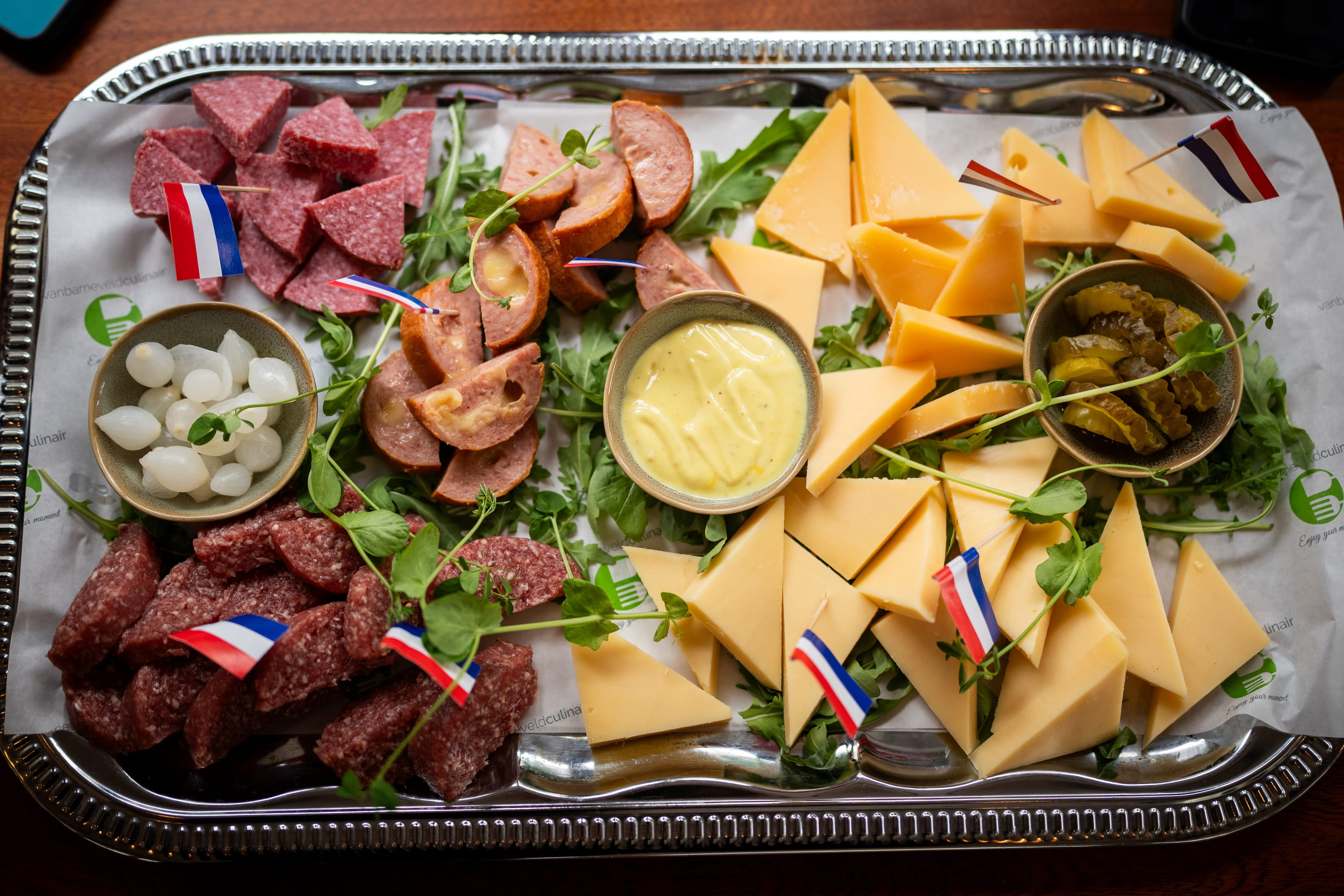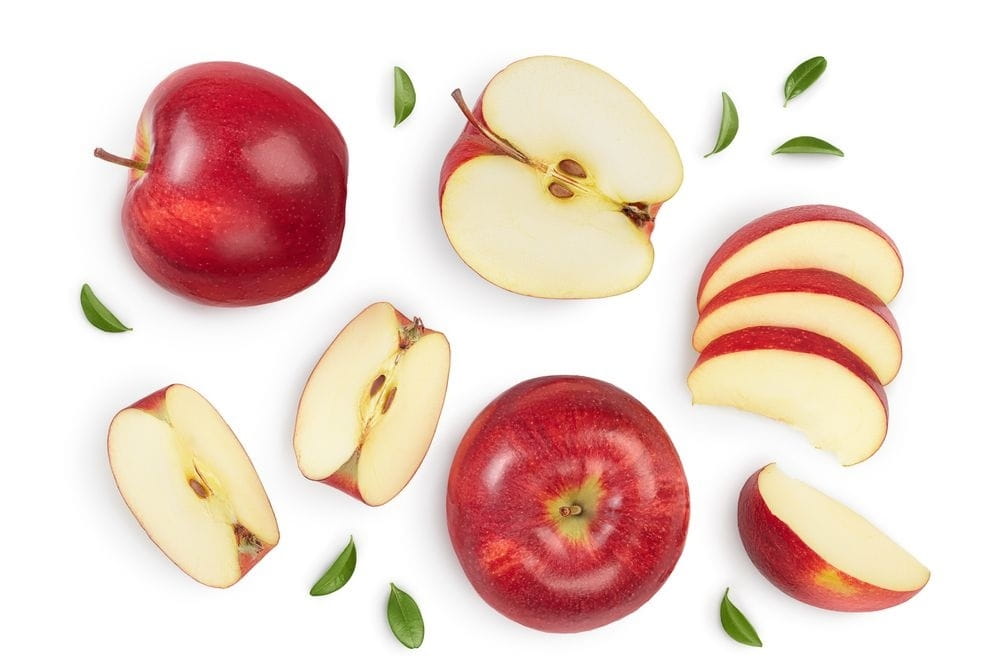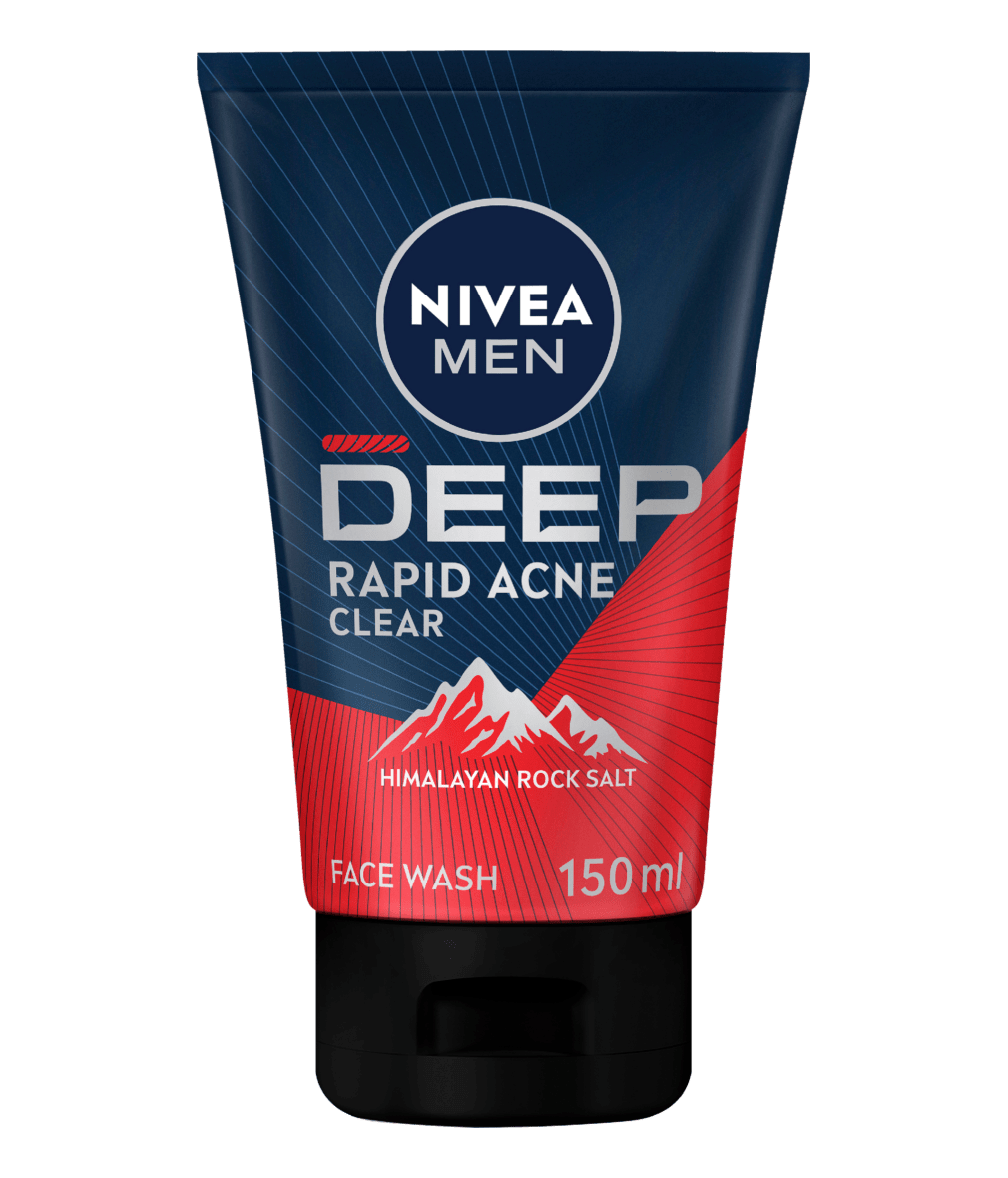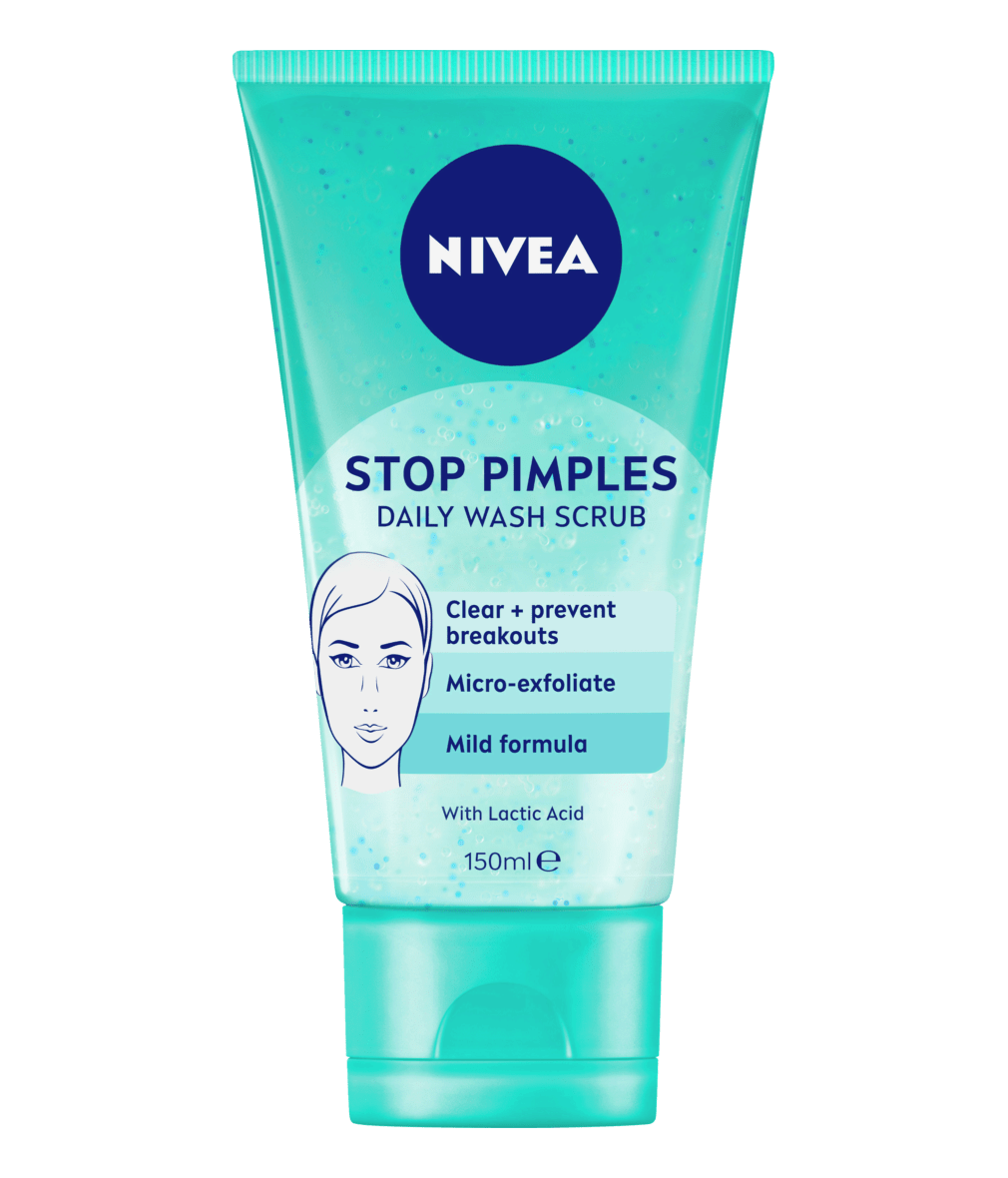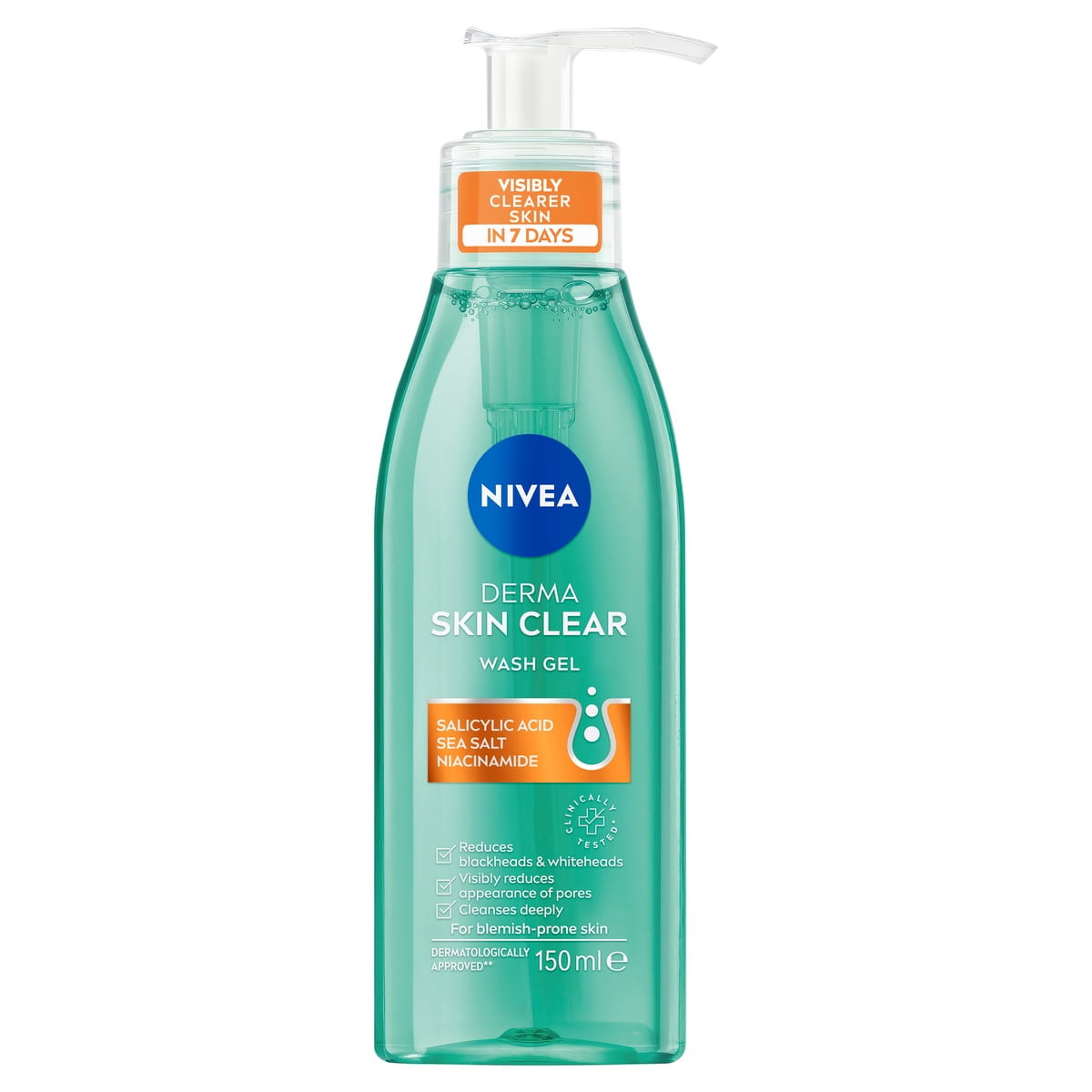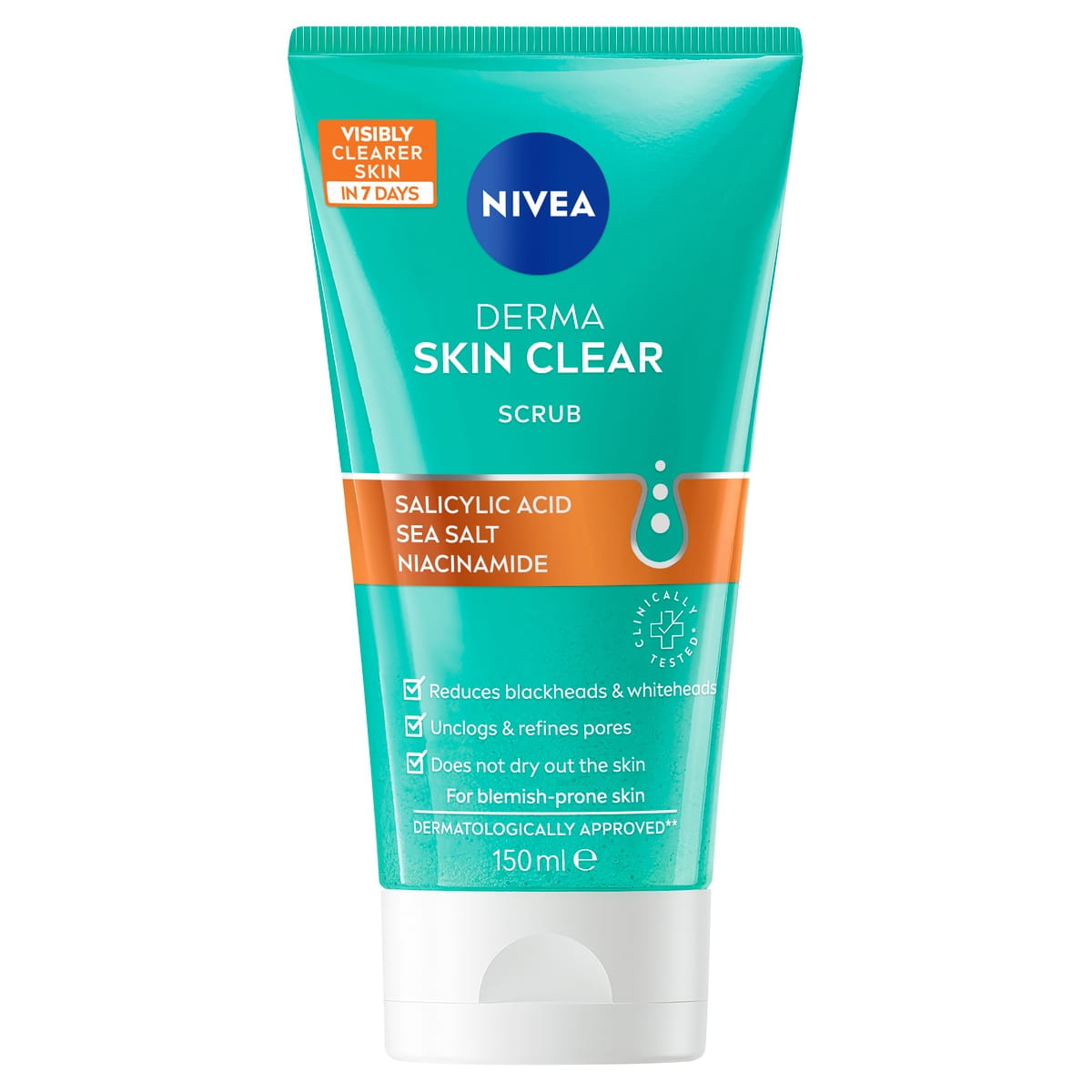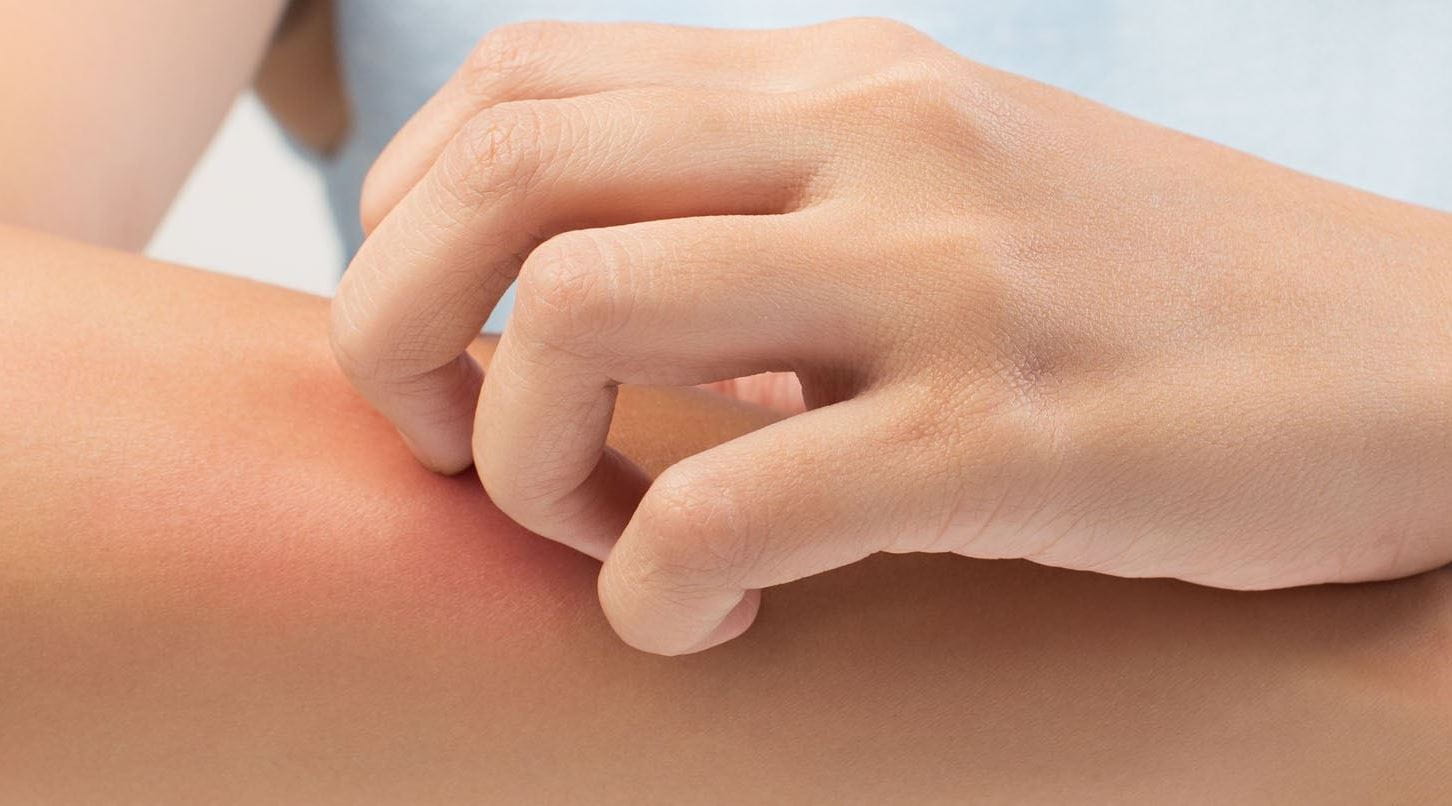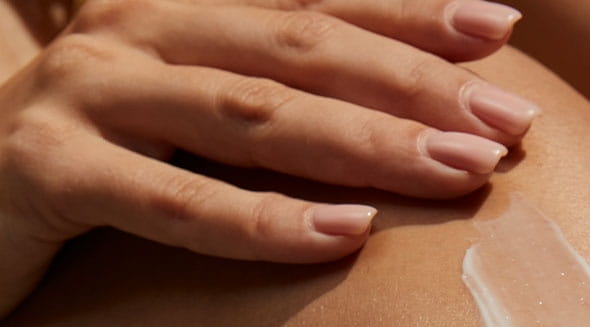Understanding the foods that may contribute to pimples and breakouts is essential for managing acne-prone skin. While individual reactions can vary, certain dietary choices are commonly linked to increased acne. Below are some key categories of foods that may cause pimples and should be considered in your diet.
Dairy Products and Acne
Dairy products, such as milk and cheese, can trigger acne due to their hormone content and specific proteins. They contain insulin-like growth factor 1 (IGF-1), which can increase oil production and lead to clogged pores.
High-Sugar and High-Glycaemic Foods
High-sugar and high-glycemic foods, such as sugary snacks, white bread, and processed carbohydrates, can cause rapid spikes in insulin levels. Elevated insulin promotes increased oil production in the skin and can lead to clogged pores.
Chocolate and Sweet Treats
The common myth that chocolate causes acne persists, but the truth is more nuanced. While dark chocolate may have health benefits, sugary chocolate bars and sweet treats can contribute to breakouts due to their high sugar content. These sweets can spike insulin levels, leading to increased oil production.
Fried and Fast Foods
Fried foods and fast food, often high in unhealthy fats, can contribute to inflammation in the body, worsening acne. These foods may trigger inflammatory responses and increase oil production, leading to clogged pores.
Processed and Packaged Foods
Processed and packaged foods often contain additives, preservatives, and artificial ingredients that can trigger inflammatory responses in the body. These inflammatory reactions may exacerbate acne by increasing oil production and clogging pores.


